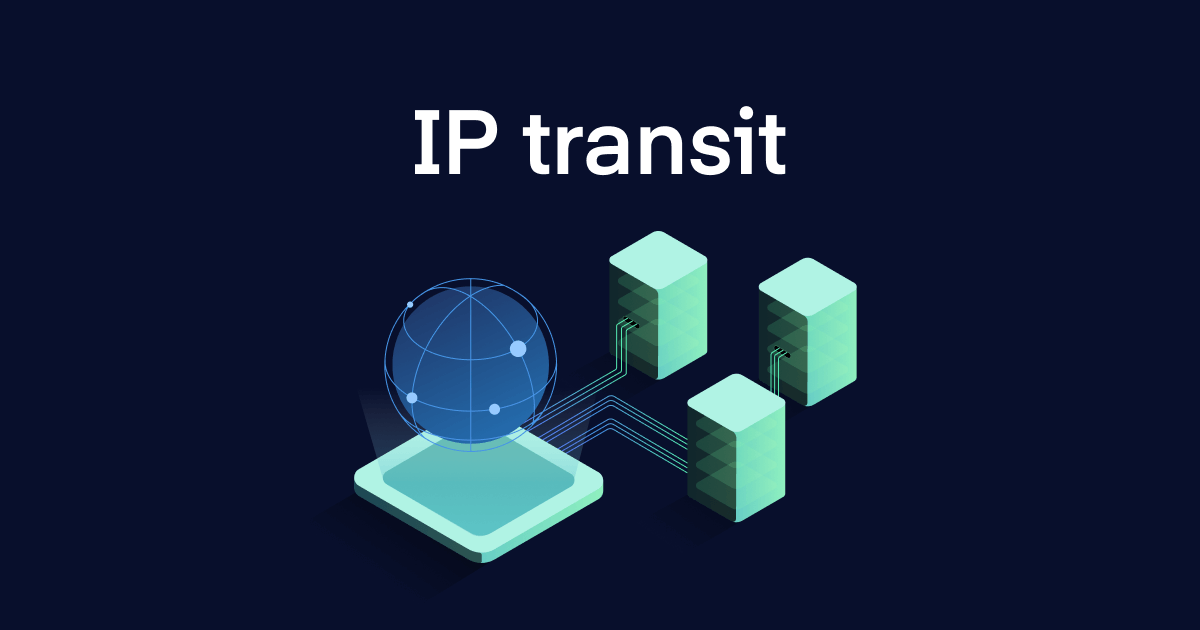All businesses rely on IP Transit to connect to the digital world. From cloud-based services to powering e-commerce platforms, IP transit functions as the basis of modern communication networks. We will explore the basic concepts of IP transport along with the functions and functions of IP providers.

IP Transit, also referred to as Internet Transit is a service which allows traffic from networks to “transit” or traverse networks. It allows users to connect with the wider internet. This connectivity is enabled by IP transit providers, companies who manage and own the infrastructure that allows data packets across networks. These providers are crucial to providing businesses and consumers with an internet connection that is reliable.
When it comes to IP transit services, businesses have a range of options to choose from. Certain providers provide basic transit options, offering access to the internet with no any additional features or customizing. Others offer more advanced services like managed IP Transit, which offers monitoring, extra support and security features. The type of service you select is contingent on your specific business’s needs and needs.
Pricing is one of the most important factors for companies to consider when selecting an IP transit provider. The cost of IP transit is affected by numerous elements, including bandwidth requirements as well as geographical location. It is important for businesses to understand the different pricing and cost structures provided by service providers to make informed decisions and reap the maximum value from their investment.
Businesses must consider not only the cost, but the reliability and performance provided by the IP transit provider. Carrier-grade networks featuring 100G and 400G backbone connectivity provide the scalability and reliability required to enable mission-critical applications and solutions. Automating from end-to-end increases efficiency and provides seamless customer experiences.
IP-Access offers a customizable, flexible option for companies who are looking to streamline their networking connectivity. This solution is ideal for businesses that have legacy installations or special requirements. With features like IPv4/31 and IPv6/127 transfer networks in default, companies can customize their connections to meet their requirements without the complexities of BGP sessions.
IP-Access offers basic DDoS protection against volumetric attacks as part of its Internet access. This adds a layer of security and security for business networks. This protection helps safeguard against the possibility of losing revenues due to cyber-related threats.
For all businesses, Inter.link Portal offers a simple and effective method to connect to IP transit services. With just a few clicks the business can set up and implement IP transit in a matter of minutes by choosing their preferred locations as well as bandwidth requirements, port speed and duration of contract. This method is quick and efficient, saving time and resources which allows companies to focus on their core operations.
IP transit is a vital part of the modern web that enables businesses to communicate and connect people across the globe. Knowing the fundamentals of IP Transit, the role of IP Transit providers, their variety of services, and the way they estimate their prices and costs will allow businesses to make informed decisions. They are also able to ensure that they have the connectivity needed to be successful in the digital world of today. IP Transit is at the heart of all modern communications networks, be it for cloud-based services, supporting platforms like ecommerce or connecting remote offices.
